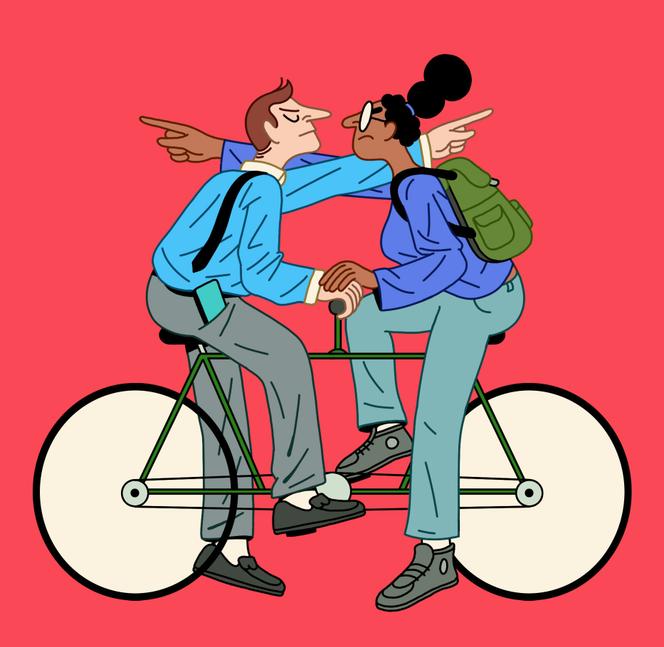


This summer I am publishing a book [Summer of Our Discontent], a sincere attempt to make sense of the collective madness that overtook some people in the summer of 2020. Much has happened since then, and much else has been willfully forgotten or deliberately left unspoken. But as you may recall, five summers ago the United States was facing two calamities: the Covid-19 pandemic and the violent riots and looting that, for months, punctuated a kind of racial reckoning in the wake of the killing of George Floyd by police officers, filmed live in the streets of Minneapolis, Minnesota. The country began to ask itself difficult questions, but only now is the nature of the provisional answers becoming clear.
One of the most important questions – one I have been pondering ever since – was whether Americans truly wished to become a multiethnic society capable of finally and durably overcoming the weight of a past marked by slavery and racial oppression, the harmful effects of which have burdened our national life since before the official date of our country's founding. At first, as Floyd's murder sparked a legitimate and peaceful outrage – which spread across the globe, reaching Paris, Amsterdam, Seoul and Helsinki – a large majority of the population seemed ready to answer in the affirmative.
You have 82.2% of this article left to read. The rest is for subscribers only.
